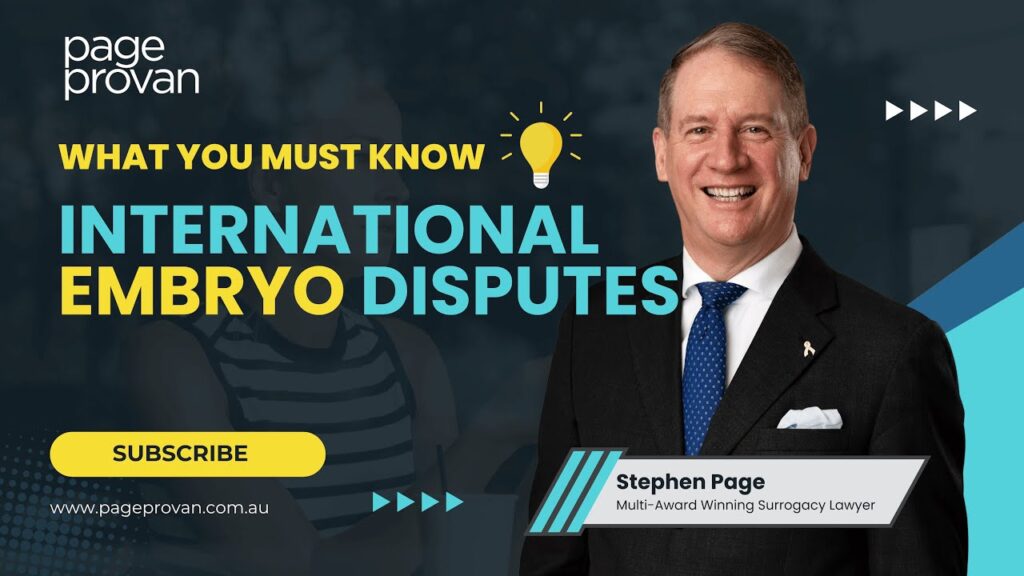Rabbinical Court won’t recognise as Jewish an infant born from undisclosed Jewish egg donor
Tuesday, November 26, 2019
A rabbinical court in Israel has held that a minor born of a donated egg would not be recognised as a Jew, although the egg donor is listed as Jewish in the population register. The child’s mother who wanted to determine the status of her minor son was refused because the donor identity’s secrecy prevents the court from investigating the donor’s Judaism.
According to the judges, the interior ministry’s records are not in accordance with Jewish laws – they are certainly more lacks than the Rabbinate’s – therefore additional examination of the donor’s Jewish status is needed as a condition for determining the child’s religious status.
The case highlights the problems for all Jewish intended parents seeking egg donation either by itself or as part of a surrogacy process. For a person to be considered Jewish, their mother has to be a Jew. When it comes to egg donation, it has long been considered that having an egg donor who was a Jew is sufficient.
The case highlights the difficulty with anonymous donors. In Australia a donor is either a known donor or a de-identified donor, i.e. the child can find out after turning 18. In the United States, both types of donors are available, but many egg donors are anonymous. The child will never know who was the donor. The Attorney-General in the case demanded that the donor’s identity be kept secret and refused to reveal it, because this was believed to deter future Jewish women who wished to donate eggs, fearing that their identity would be exposed. This means that the minor will never be able to prove his Jewish status.
An implication of the case might be that any Jewish egg donor needs to be a known donor. If a de-identified donor donates eggs – and the child cannot find out who that woman is until he or she turns 18 – then that child may not be able to be identified until becoming an adult that he or she is Jewish.
This will mean inevitably that Jewish intended parents will be competing with other Jewish intended parents for any available Jewish egg donors who are prepared to be known donors – which means that the compensation likely to be paid to those egg donors is going to be higher (whether this occurs overseas) because they may well be as scarce as hens teeth. This in turn potentially brings up legal issues for Australian intended parents who undertake egg donation agreements overseas – that they don’t inadvertently commit breaches of Australian laws dealing with human tissue and human cloning and potentially put themselves at risk of being punished for an offence of up to 15 years’ imprisonment.
In the words of a commentator on Reddit:
“It’s a halachic dispute but this beit din decided one way. The issue is, as seen above, that the anonymous donor is explicitly listed as Jewish, and the beit din wants to do a Jewishness test on them, which would require revealing their identity.”
Anyone who is Jewish considering undertaking egg donation and as part of their family formation journey should carefully plan the process in light of this judgment.












